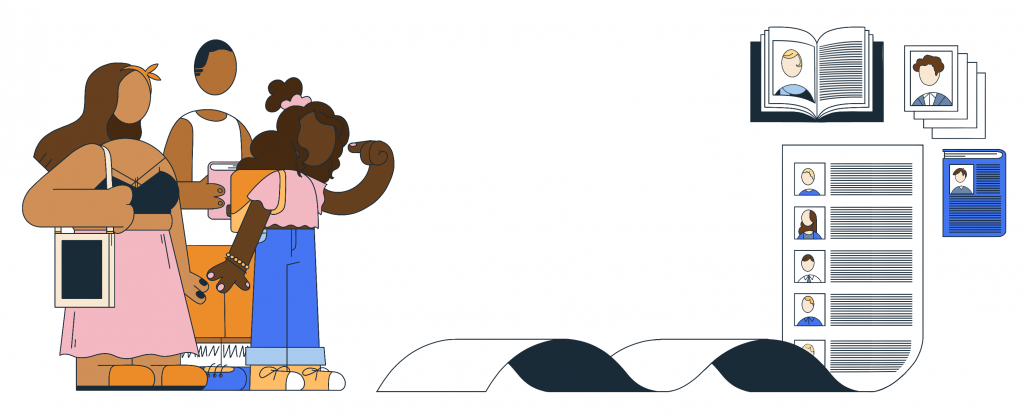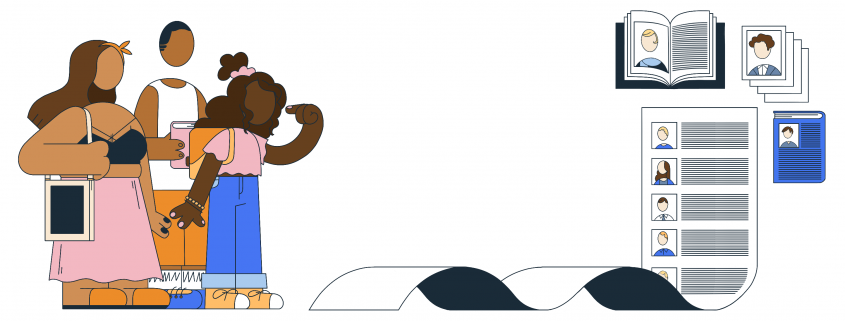University’s curriculum inhibits student learning

The University’s curriculum fails underrepresented communities on campus — specifically, the Black, Latinx and Native American students who cumulatively compose just 19% of the undergraduate population. The failure begins with USC leadership and works its way down through the faculty and to the student body. As low as the population of underrepresented students is, the population of underrepresented faculty is even lower. A shameful 9% of faculty identify as Black, Latinx or Native American.
USC’s faculty diversity problem extends to gender as well. Just 39% of faculty identify as women. Interestingly enough, the only racial groups of faculty that are at or near gender parity are Black, Latinx and Native American. (There are just 2 Native American women on the faculty, but that’s near gender parity because there is a grand total of 3 Native American men.)
On a level of basic decency, the University should seek to hire professors that are representative of this country’s diversity. Black and brown students ought to be able to take classes taught by people who look like them. Black and brown professors ought to be able to be hired equitably. Students ought to be able to read texts from diverse perspectives, and from scholars who had those particular students in mind when writing them. There does not need to be any argument beyond that, but there is because the education delivered by USC — and schools across the country for that matter — has consequences.
USC’s failure to hire a diverse faculty leads to a failure to create diverse and inclusive syllabi. The University continues to elevate white male scholars and texts over those from underrepresented scholars, leading to a destructively restricted education for students. For instance, in a Sub-Saharan African politics course, there were 53 required readings of which only four were written by African men (no African woman made the cut).
It is insidiously ironic and telling that in a class designed to educate students on diverse African societies and political structures, all study is limited by the white gaze. USC describes itself as a global research institution, but that cannot be true when it is stifling the work and perspectives of a majority of the world’s population.
Students cannot obtain a world-class education while the scholars they study belong to the same class of white men with access to elite institutions. This phenomenon becomes more salient in majors such as international relations — graduates cannot credibly claim to be an authority on international relations with an education that is focused primarily, if not exclusively, on the United States and Europe.
In a recent letter spearheaded by professional fraternity Delta Phi Epsilon to the Department of Political Science and International Relations demanding changes in curriculum, hiring and student equity, students noted that they feel unprepared to be “the leading scholars who are competitive in both the academic and non-academic job markets.” The lack of diversity in the curriculum is harmful to the student body as a whole in that it often leaves graduates unequipped to take a truly educated and critical eye to many relevant issues, reinforcing higher-education biases while perpetuating the circulation of a body of knowledge that is decisively not all-encompassing.
The aggregate lack of diverse professors and diverse texts has negative consequences in all study areas and beyond academia. Race as a factor cuts horizontally across all areas of life, holding weight in everything we do, and to think otherwise is to be misinformed. It is therefore essential that students learn perspectives that challenge common knowledge. It is then, and then only, that they will be able to enter the workforce better equipped to excel in their work — whether that be diagnosing patients, running for office, criticizing art or any of the multitude of things that graduates from “elite” universities often go on to do.
Black students know all of these things and have been expressing the need for change. This past month, Black students across USC schools sent detailed “Call to Action” letters to their respective deans outlining necessary changes to achieve equity and inclusion goals for Black Trojans. At the top of the list of demands were calls for additional Black professors and Black texts. It is a shameful reality that many Black students who graduated from USC have never been taught by a single Black professor.
That being said, the burden of advocacy for issues of diversity cannot constantly be relegated to Black students who have, quite frankly, had enough: Black students, and Black people in general, within predominantly white institutions have historically had to perform unpaid labor to advance their own collective condition and fight against anti-Blackness.
All students ought to have a vested interest in having Black and brown professors and reading more texts authored by Black and brown scholars. All faculty members should see the consequential nature of the short and long-term value that having more Black and brown colleagues and teaching more Black and brown students brings.
It truly cannot be understated how important it is that the University diversifies its faculty and curriculum. To bring about the systemic changes needed there must be a broad coalition of students and faculty demanding change today, not tomorrow.

